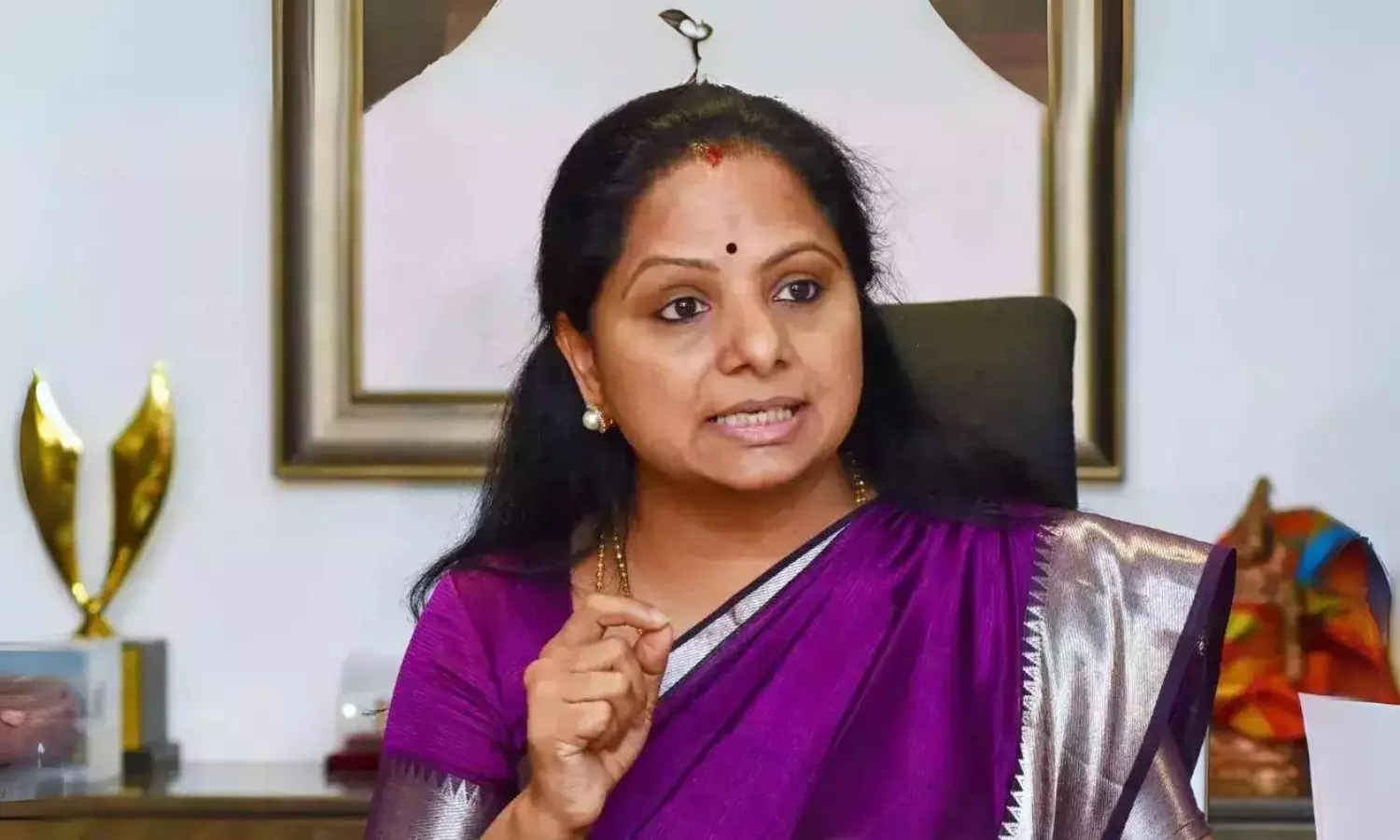Extension of Judicial Custody for BRS Leader K Kavitha in Delhi Excise Policy Case until April 23
K Kavitha, daughter of former Telangana CM, remains in custody till April 23 in Delhi's liquor policy money laundering case. Bail denied, key figure in 'South Group' implicated.
image for illustrative purpose

The Delhi Rouse Avenue Court has decided to keep BRS leader K Kavitha in custody until April 23. She's involved in a money laundering case linked to the former liquor policy in Delhi, which has been scrapped now. Kavitha's request for interim bail was rejected by the court on Monday, and her bail plea will be heard on 20th April. She's said to be a key member of the 'South Group' implicated in the Delhi excise policy case.
K Kavitha, the daughter of K Chandrashekar Rao - former chief minister of Telangana, is accused of playing a key role in a group that allegedly paid kickbacks of INR 100 crore to the ruling Aam Aadmi Party. Reportedly, this payment was exchanged for a portion of liquor licenses in the city. She has been held in judicial custody for 14 days since the previous Tuesday.
Only two days ago, Kavitha attempted to reverse a court ruling permitting the CBI to interrogate her in Tihar jail. The CBI is investigating corruption aspects of the excise policy case. Judicial custody extension adds further complexity to her legal situation.
Before her arrest on March 15, Kavitha had been summoned for questioning multiple times, having missed at least two of these summons. Last year, she was interrogated three times by the central agency under the Prevention of Money Laundering Act regarding this case.
K Kavitha was apprehended by the ED on March 15 as part of the money laundering investigation related to the Delhi liquor policy, followed by raids at her residence in Hyderabad.
This development follows the arrests of other prominent figures, including Sanjay Singh and Manish Sisodia from the Aam Aadmi Party. Subsequently, on March 21, Delhi chief minister Arvind Kejriwal was also apprehended in connection with the same case, as he had missed several summons issued by the central agency.

